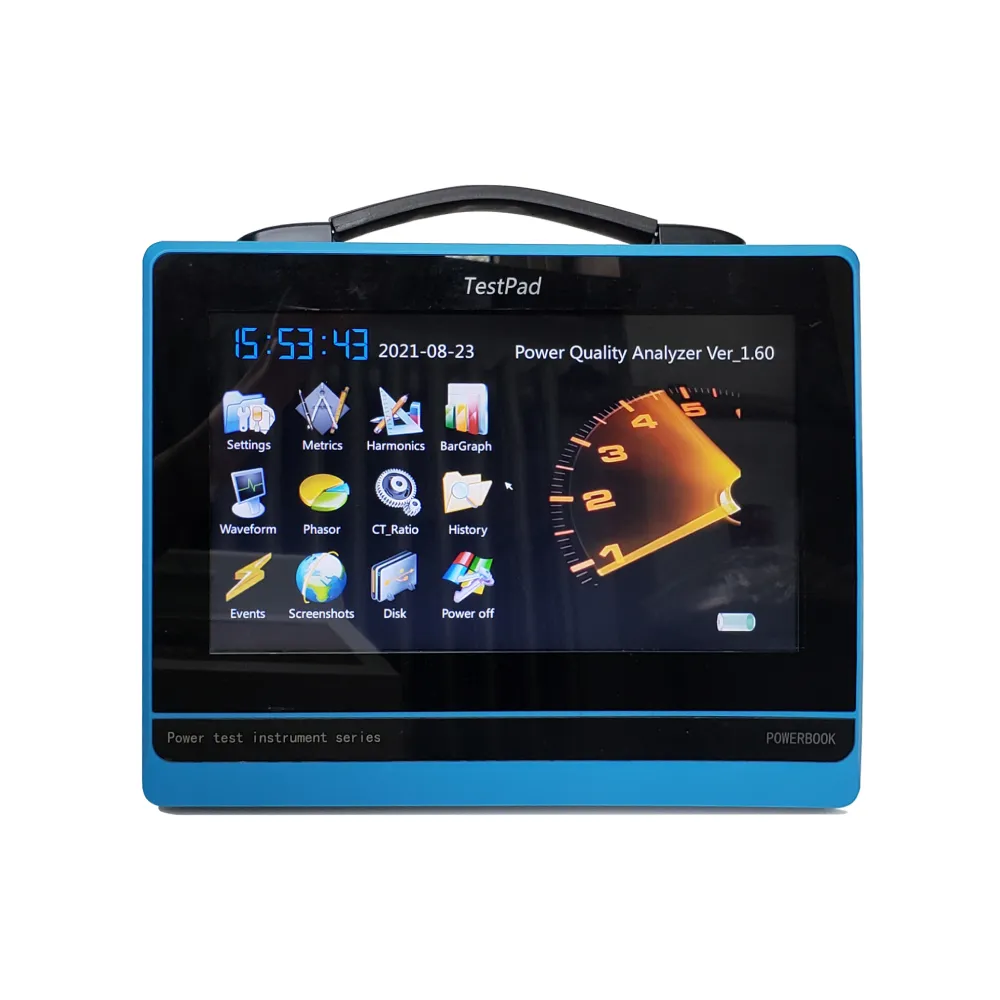 English
English



-
 Afrikaans
Afrikaans -
 Albanian
Albanian -
 Amharic
Amharic -
 Arabic
Arabic -
 Armenian
Armenian -
 Azerbaijani
Azerbaijani -
 Basque
Basque -
 Belarusian
Belarusian -
 Bengali
Bengali -
 Bosnian
Bosnian -
 Bulgarian
Bulgarian -
 Catalan
Catalan -
 Cebuano
Cebuano -
 China
China -
 China (Taiwan)
China (Taiwan) -
 Corsican
Corsican -
 Croatian
Croatian -
 Czech
Czech -
 Danish
Danish -
 Dutch
Dutch -
 English
English -
 Esperanto
Esperanto -
 Estonian
Estonian -
 Finnish
Finnish -
 French
French -
 Frisian
Frisian -
 Galician
Galician -
 Georgian
Georgian -
 German
German -
 Greek
Greek -
 Gujarati
Gujarati -
 Haitian Creole
Haitian Creole -
 hausa
hausa -
 hawaiian
hawaiian -
 Hebrew
Hebrew -
 Hindi
Hindi -
 Miao
Miao -
 Hungarian
Hungarian -
 Icelandic
Icelandic -
 igbo
igbo -
 Indonesian
Indonesian -
 irish
irish -
 Italian
Italian -
 Japanese
Japanese -
 Javanese
Javanese -
 Kannada
Kannada -
 kazakh
kazakh -
 Khmer
Khmer -
 Rwandese
Rwandese -
 Korean
Korean -
 Kurdish
Kurdish -
 Kyrgyz
Kyrgyz -
 Lao
Lao -
 Latin
Latin -
 Latvian
Latvian -
 Lithuanian
Lithuanian -
 Luxembourgish
Luxembourgish -
 Macedonian
Macedonian -
 Malgashi
Malgashi -
 Malay
Malay -
 Malayalam
Malayalam -
 Maltese
Maltese -
 Maori
Maori -
 Marathi
Marathi -
 Mongolian
Mongolian -
 Myanmar
Myanmar -
 Nepali
Nepali -
 Norwegian
Norwegian -
 Norwegian
Norwegian -
 Occitan
Occitan -
 Pashto
Pashto -
 Persian
Persian -
 Polish
Polish -
 Portuguese
Portuguese -
 Punjabi
Punjabi -
 Romanian
Romanian -
 Russian
Russian -
 Samoan
Samoan -
 Scottish Gaelic
Scottish Gaelic -
 Serbian
Serbian -
 Sesotho
Sesotho -
 Shona
Shona -
 Sindhi
Sindhi -
 Sinhala
Sinhala -
 Slovak
Slovak -
 Slovenian
Slovenian -
 Somali
Somali -
 Spanish
Spanish -
 Sundanese
Sundanese -
 Swahili
Swahili -
 Swedish
Swedish -
 Tagalog
Tagalog -
 Tajik
Tajik -
 Tamil
Tamil -
 Tatar
Tatar -
 Telugu
Telugu -
 Thai
Thai -
 Turkish
Turkish -
 Turkmen
Turkmen -
 Ukrainian
Ukrainian -
 Urdu
Urdu -
 Uighur
Uighur -
 Uzbek
Uzbek -
 Vietnamese
Vietnamese -
 Welsh
Welsh -
 Bantu
Bantu -
 Yiddish
Yiddish -
 Yoruba
Yoruba -
 Zulu
Zulu
oil penetration tester
Understanding Oil Penetration Testers A Comprehensive Guide
In the realm of material testing and engineering, oil penetration testers play a crucial role in assessing the porosity and permeability of various materials. These devices are essential in industries such as construction, automotive, and aerospace, where the integrity and durability of materials are paramount. This article delves into the functionality, significance, and application areas of oil penetration testers, shedding light on their importance in quality assurance and material evaluation.
What is an Oil Penetration Tester?
An oil penetration tester is an instrument designed to evaluate the ability of a material to allow oil or other fluids to permeate through it. This penetration is indicative of the material's porosity, which can significantly impact its performance in real-world applications. The tester typically involves the application of a specific oil under controlled pressure onto the surface of the material being tested. By measuring the depth and rate of penetration, technicians can deduce the material's porosity characteristics.
How Does It Work?
The functionality of an oil penetration tester involves several critical steps. First, a measured quantity of oil is applied to the surface of the sample. Next, pressure is introduced to facilitate penetration. Depending on the specific design of the tester, this may involve applying vacuum or using other means to drive the oil into the material's pores. After a set period, technicians measure how far the oil has penetrated into the sample, often using calibrated markings or gauges.
The results are analyzed to determine various characteristics of the material, such as its permeability rate and overall porosity. High levels of penetration could suggest a higher porosity, which might be advantageous in specific applications but detrimental in others, such as in components that require low fluid absorption.
Importance in Different Industries
Oil penetration testing serves multiple purposes across different sectors
1. Construction In the construction industry, materials such as concrete and asphalt must maintain specific standards for durability and weather resistance. Oil penetration testers help evaluate the porosity of these materials, ensuring they can withstand various environmental conditions.
oil penetration tester

2. Automotive In automotive manufacturing, components must not only be robust but also have controlled fluid absorption rates. Oil penetration testing is crucial for parts like seals and gaskets, where excess fluid penetration could lead to failures.
3. Aerospace Similarly, in aerospace, materials used in aircraft must adhere to strict regulations regarding weight and integrity. Oil penetration testing helps ensure that these materials can handle the stresses and strains of flight without compromising safety.
Benefits of Using Oil Penetration Testers
Utilizing oil penetration testers provides several benefits
- Quality Assurance Regular testing helps maintain high-quality standards in manufacturing processes, ensuring only the best materials are utilized in production.
- Preventive Maintenance By identifying potential issues related to material porosity early on, manufacturers can take corrective actions before products enter the market.
- Research and Development In R&D phases, understanding how materials behave under various conditions helps engineers design better products that meet the demands of modern industries.
Conclusion
In summary, oil penetration testers are invaluable tools in the evaluation of material properties, particularly in determining porosity and permeability. As industries continue to prioritize product performance and durability, the role of these testers will only grow in significance. By enabling manufacturers to understand and control material characteristics, oil penetration testing not only supports the creation of superior products but also ensures safety and reliability across various applications. Whether in construction, automotive, or aerospace sectors, these testers remain essential in the quest for quality and innovation.
-
Testing Equipment Industry Sees Major Advancements in 2025: Smart & Precision Technologies Lead the WayNewsJun.06,2025
-
Applications of Direct Current Generators in Renewable Energy SystemsNewsJun.05,2025
-
Hipot Tester Calibration and Accuracy GuidelinesNewsJun.05,2025
-
Digital Circuit Breaker Analyzer Features and BenefitsNewsJun.05,2025
-
Benefits of Real-Time Power Quality Monitoring Devices for Industrial EfficiencyNewsJun.05,2025
-
Earth Fault Loop Testing in High-Rise Building Electrical SystemsNewsJun.05,2025



